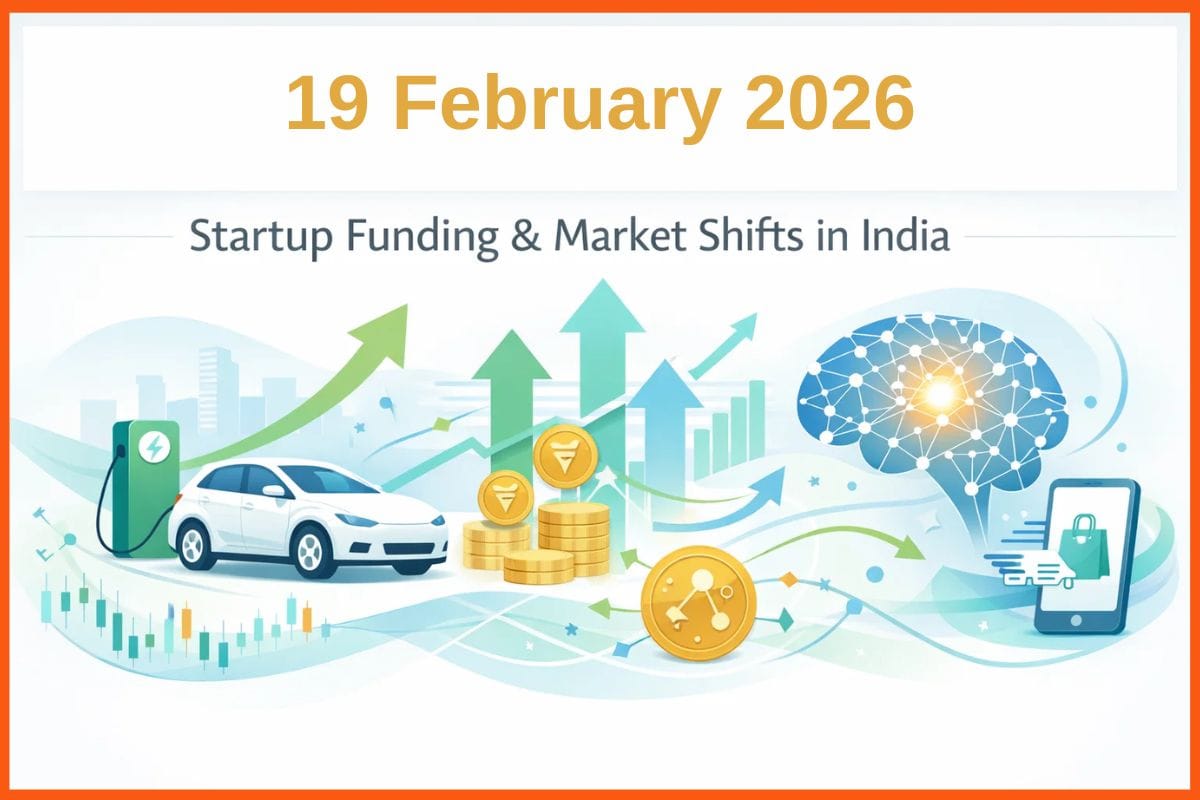The Future Of D2C Industry - Trends Lean Towards Data Analytics and Research
✍️ Opinions
The article is contributed by Shashank Jain, Co-founder, Strawfit (Bourgeon Foods LLP)
Owing to a decade of technological advancement and the last few years of the pandemic, there has been a fundamental change in the way businesses and customers engage with each other. After the jolt that the traditional retail sector faced, there’s a rise in India’s currently growing direct-to-consumer phase, with D2C brands thriving as online channels have become the go-to destinations for almost every consumer. For those still struggling with the concept, Direct-to-Consumer, or D2C, is an emerging business model of a customised shopping experience where the product is provided directly to the customer by a business, bypassing any sort of middleman in between, hence being cost-efficient.
With an estimated 700-800 D2C brands valued at over USD 100 billion by 2025, India is expected to be a hotspot for startups. A plethora of emerging service providers in India indicates the total addressable D2C market growth by over 15 times from 2015 to 2025. According to research by Statista, this total addressable market was valued at 33.1 billion U.S. dollars in 2020, which by 2025 was forecasted to grow almost threefold, making India a hotspot for startups. Currently, the segments that are growing at an ever-increasing speed in the Indian D2C market include consumer electronics and FMCG, with an expected worth of USD 43.2 billion and USD 30.8 billion, respectively, by 2025.
The popularity of the D2C industry is booming and will continue to expand. To increase buyer-seller interaction, making purchasing more engaging, pleasurable, and long-term, brands in this space leverage certain market trends.
Some of these trends that we recommend entrepreneurs in their operations are:
● Sustainable Manufacturing: Consumers are increasingly sceptical of brands that generate revenue through unethical business practices. Brands that are transparent about their business practices, from sourcing raw materials to manufacturing and supplying, generate more goodwill. Transparency creates trust, and people are more likely to buy from brands they trust. Brands that fail to build sustainability into their business models risk becoming less relevant to this new generation of consumers.
● Data Analytics: Until recently, brands had little access to customer data beyond surveys or third-party data. D2C enables brands to understand customers and their demands like never before, thanks to their continual personal connection with their customers through their experiences or surveys. Brands have realised that customer data is a powerful instrument that, when combined with analytics and technology, can be utilised to provide personalised experiences for customers.

● Leveraging Social Media: Social networking is a strong tool for new businesses. Platforms like Facebook, Instagram, and Twitter can assist you in reaching an untapped worldwide audience and assist in developing a brand image in the market with existing competitors. Influencers have a strong and tailored hold on specific audiences, making them one of the newest and most powerful marketing tools. A product like a milk flavouring straw for kids, for example, can't be directly promoted to them and is instead marketed to mommy bloggers and health bloggers. More than just following these trends, it takes a lot of work to create a solid revenue model for your business. Running a business at any stage of development is not easy. For this, it is essential to have proper planning. Here are some of the key takeaways that we believe can help these entrepreneurs make more informed decisions and develop more refined products, especially in the early stages of a business.

● Bring forward a solution: Consumers are smart these days, searching for products that solve their current problems. The most common reason for a startup's failure is a lack of market demand. You have a market need if your product solves an unpleasant, common, and repeatable problem for a large number of people. If not, then it can be easily overlooked by the customers.
● Focus on the product: The product you create is what makes up the face value of your brand and it's a crucial task to make your product stand out in the market. Your main focus should be to at least give your product a competitive edge over the current competitors, so it seems like a convenient and better choice.
● Detailed Research: Before starting a business, thorough market research is essential. You have to research current trends, learn about the product, and understand its potential market and what your customers need. It also allows you to visualise your competition by telling you what other products and services like yours are available, customer reactions to them, their prices; etc.
● Financial Modelling: Managing monetary resources can be a tricky part that needs close attention. It is essential to have a well-developed financial model. From funding operations to having precise financial projections for the next few years, having a robust financial model is crucial for a business to grow. Don't mind taking professional guidance to help you out with these things to avoid any major setback to your business.
● Keep trying and learning: Starting a business requires being inspired, motivated and willing to take risks. While every successful entrepreneur makes many mistakes, that doesn't stop them from experimenting with their concepts and learning from their own and others' mistakes. With that said, care also needs to be taken so that there is no undue waste of resources due to this experimenting.
Conclusion
With more people choosing to be independent buyers due to fading technological barriers, we believe that D2C is here to stay. It is an exciting time for entrepreneurs in the country to enter the market, especially with the boom in the startup culture. The times demand that entrepreneurs rethink how they interact with customers and their relationships with them. If played well, D2C can be the most powerful weapon a retail-based entrepreneur can hold.
Must have tools for startups - Recommended by StartupTalky
- Convert Visitors into Leads- SeizeLead
- Website Builder SquareSpace
- Run your business Smoothly Systeme.io
- Stock Images Shutterstock






